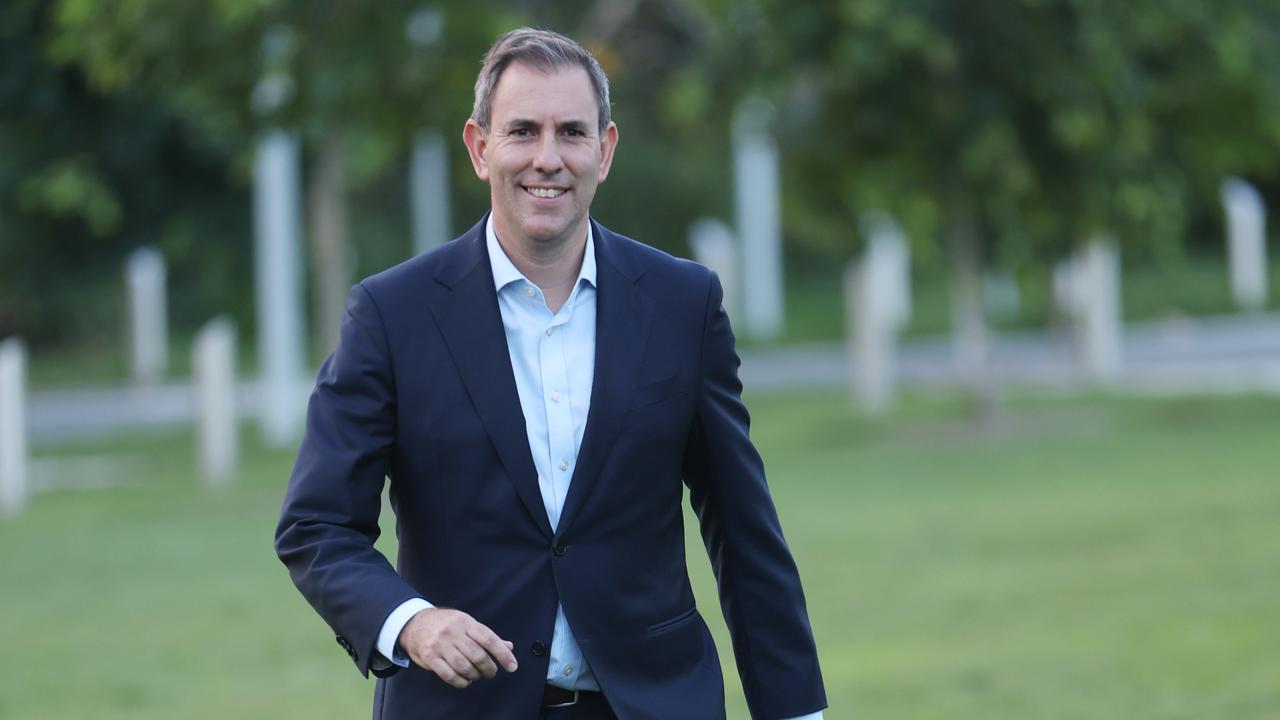Housing crisis sees pressure grow on the bank of mum and dad
Retirees want to help their kids get ahead but are also worried about their own financial security. Here’s how experts advise navigating the issue.

A housing crisis, a cost-of-living crunch and growing unease about financial security are all weighing on Millennials and Gen Z — and we don’t let Boomers forget it.
As more of us rely on the bank of mum and dad to get ahead, new research shows the most common assistance on offer. And no, it’s not a leg up to get on the property ladder, or not directly at least.
The new data, from AMP, shines a light on the conflict older Australians are facing: 80 per cent of retirees believe their children have it worse than they did growing up but, crucially, most aren’t willing to compromise their lifestyle to do anything about it.
Of those who do help their struggling adult children, staying in (or moving back into) the family home is what’s typically on offer.
All up, half of Australians aged 18 to 29 still live at home with their parents, as younger workers forgo freedom in their 20s in favour of saving up for the crucial home deposit.
Retirees are torn between helping the next generation and ensuring their own financial security, according to AMP boss Alexis George.
“They want to provide monetary assistance to their children, but understandably they don’t want to compromise the quality of life they’ve worked so hard to create,” George says.
For those looking to transfer some of their wealth when their kids are in their 20s and 30s and really need it, there are a number of options available for the bank of mum and dad.
The obvious ones include handing over money for a home deposit or lending the funds on favourable terms.
Gifting cash to a family member doesn’t have any tax implications but it can have an impact on Centrelink benefits for both the giver and receiver, says financial adviser Paul Nicol of GFM Wealth Advisory.
“Those who are gifting cash and in receipt of a Centrelink benefit have to be very careful because there are gifting rules. And the person receiving the gift would also need to be careful if they’re getting Centrelink benefits,” Nicol told The Australian.
Acting as a guarantor on a loan is another option for parents, but this one comes with more risk.
“Many are using their principal place of residence as security for their children’s purchase, but I think that’s fraught with danger and it’s something we advise against,” Nicol says.
“We tend to see it with those who have less means but desperately want to help their children.”

In an utterly bleak development, but perhaps not all that surprising, a growing trend sees retirees helping their kids out with home loan repayments. And more often than not, the money is coming from superannuation savings.
“A lot of our clients are in the pension phase with their super and there’s been a return to the normal mandatory minimums this year. For a lot of them, the amount they’re getting from their super is above what they need to live. So they’re using the rest of it to assist their kids with their loans,” Nicol reports.
It’s not just about helping with property. The bank of mum and dad is also now busy paying off HECS debts and school fees. And with inflation running rampant the past few years, many are opting to hand over the entirety of school tuition fees in one go — to the tune of hundreds of thousands of dollars — to avoid the annual price increases.
For parents who have the means to give their young children a head start financially, trusts are often used to get around capital gains tax and higher taxation rates for minors, says KPMG enterprise partner Jeff Chittock.

“Putting money into the name of your child early on sounds like a good idea, but the problem is the interest on their account. If the money goes into their name when they’re under 18, they’ll actually be taxed at higher rates on that interest,” Chittock says.
“One of the ways around that is holding investments in a trust. So putting assets into a trust and then (the child) becomes a beneficiary of that trust once they turn 18.
“So the parent puts the investment into a trust, the trust is the owner, which means that there’s no capital gains tax transfer of title later on when they turn 18, and the income can flow to them as a beneficiary, once they’re an adult.”
For grandparents looking to pass on wealth to grandchildren under the age of 18, testamentary trusts, or trusts created under a will, are one option, Chittock says.
“With a deceased estate, if grandma and grandpa create a will and the grandkids are named as beneficiaries, one of the great advantages (of a testamentary trust) is they can receive income as adults. Under adult tax rules, they can have the benefit of that $18,000 tax-free threshold on the income.
“What that means is if a property is held by a testamentary trust and that trust distributes that income to, say, three kids, they can each have the benefit of that 18,000 tax-free threshold.
“The difference between that and mum and dad getting it, if mum and dad are in the top income tax bracket, is about $6700 per child (a year).”





To join the conversation, please log in. Don't have an account? Register
Join the conversation, you are commenting as Logout